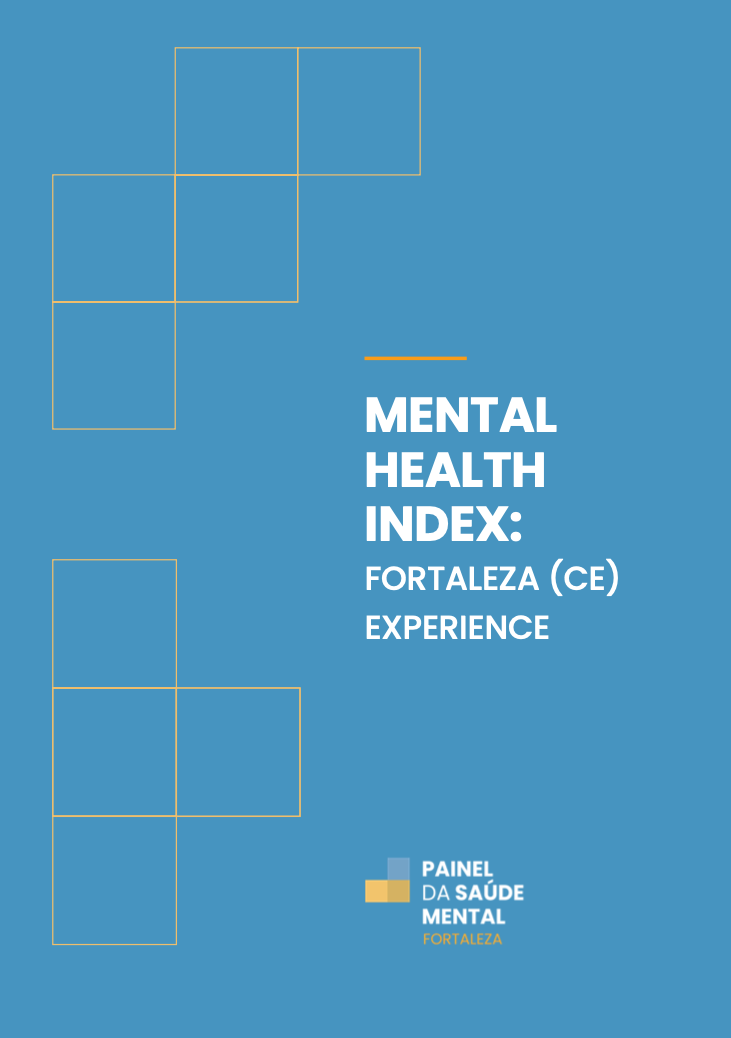This document seeks to describe the experience of building the Mental Health Index (MHI) in the city of Fortaleza, Brazil and tools to develop intersectoral policies on mental health, with a focus on children and adolescents.
The first phase of the project was dedicated to the construction of an Indicator Matrix, which brings together indicators related to mental health and reflects the intersectionality that the issue requires, as well as the social determinants of mental health. Based on the indicator matrix, the MHI was constructed with the aim of highlighting areas where residents are more or less likely to enjoy good mental health.
Alongside these two products, an online platform was developed that allows for the visualization of the Mental Health Map of Fortaleza through georeferencing. In addition to this interactive display of the data, the platform also offers useful content, such as a repository of best practices, information on the availability of mental health services in the city, and detailed descriptions of the indicators used for creating the index. The know-how acquired in building this pilot in the city of Fortaleza is now being used to expand the project nationwide.
Recent Abstracts
RESET Alcohol – Public opinion, attitudes and support for government action on alcohol…
RESET Alcohol – Public opinion, attitudes and support for government action on alcohol…
Childhood Lead Exposure Prevention: Assessment of Blood Lead Surveillance Capacity in Colombia
Childhood Lead Exposure Prevention: Inventory of Blood Lead Surveillance Capacity Indonesia
The Perception of Air Quality and Community Resilience Towards Air Pollution Issues in…
Effect of women empowerment on treatment-seeking practice for sexually transmitted infections among women…
Stage at diagnosis and survival among adult patients with cancer in Rwanda: A…
Impact of nutrient warning labels on Colombian consumers’ selection and identification of food…
A Systems Map of the Challenges of Climate Communication
Increased Taxes and Regulation of Indian Cigarillos (Bidi) Industry: Effects on Revenue and…
